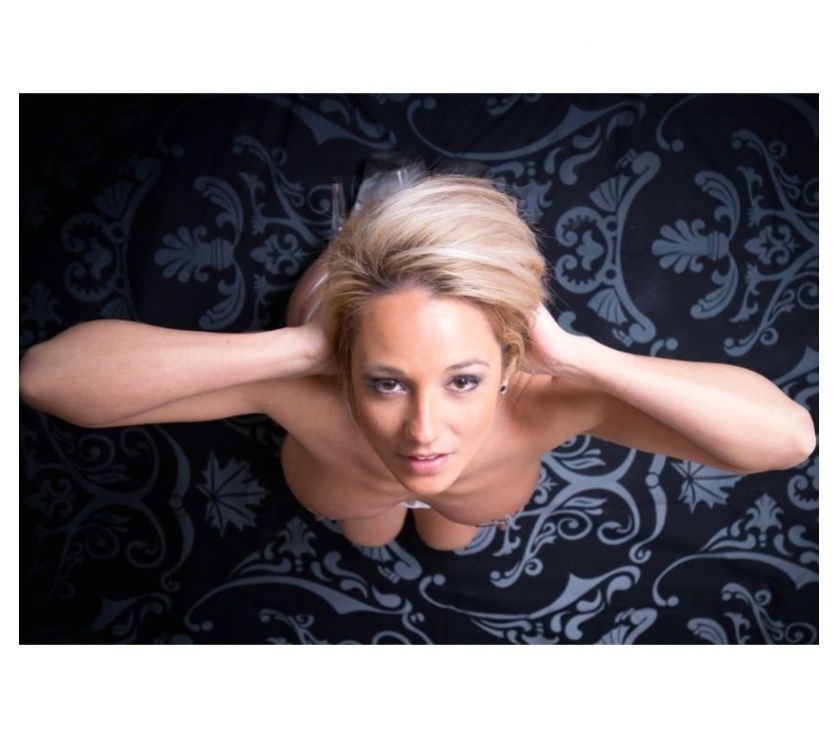
WEIGHT: 65 kg
Breast: C
One HOUR:150$
Overnight: +70$
Sex services: Dinner Dates, TOY PLAY, Hand Relief, Sex oral without condom, Lapdancing
In a paper published in the autumn issue of History Workshop Journal Dr Amy Erickson unravels the fascinating history of the titles used to address women. Her research reveals the subtle and surprising shifts that have taken place in the usage of those ubiquitous M-words. The ways that words derived from Mistress have developed their own meanings is fascinating and shifts in these meanings can tell us a lot about the changing status of women.
The Guardian reported that 'the palace never even suggested "mistress" of the Queen's music and neither did she'. What she found in registers, records and archives led her to question existing assumptions and track the changes that have taken place in the history of titles. The ways that words derived from Mistress have developed their own meanings is quite fascinating and shifts in these meanings can tell us a lot about the changing status of women in society, at home and in the workplace.

In his Dictionary of , Samuel Johnson defined mistress as: '1. A woman who governs; correlative to subject or servant; 2 A woman skilled in anything; 3. A woman teacher; 4. A woman beloved and courted; 5.
A term of contemptuous address; 6. A whore or concubine. Before that, Miss was only used for girls, in the way that Master is only ever today increasingly rarely used for boys. Mrs and, later, Miss were both restricted to those of higher social standing.

Women on the bottom rungs of the social scale were addressed simply by their names. Thus, in a large household the housekeeper might be Mrs Green, while the scullery maid was simply Molly and the woman who came in to do the laundry was Tom Black's wife or Betty Black. So they have wrongly concluded that women like Johnson's friend Elizabeth Carter were addressed as Mrs as an acknowledgement of distinction, to grant them the same status as a married woman.




































